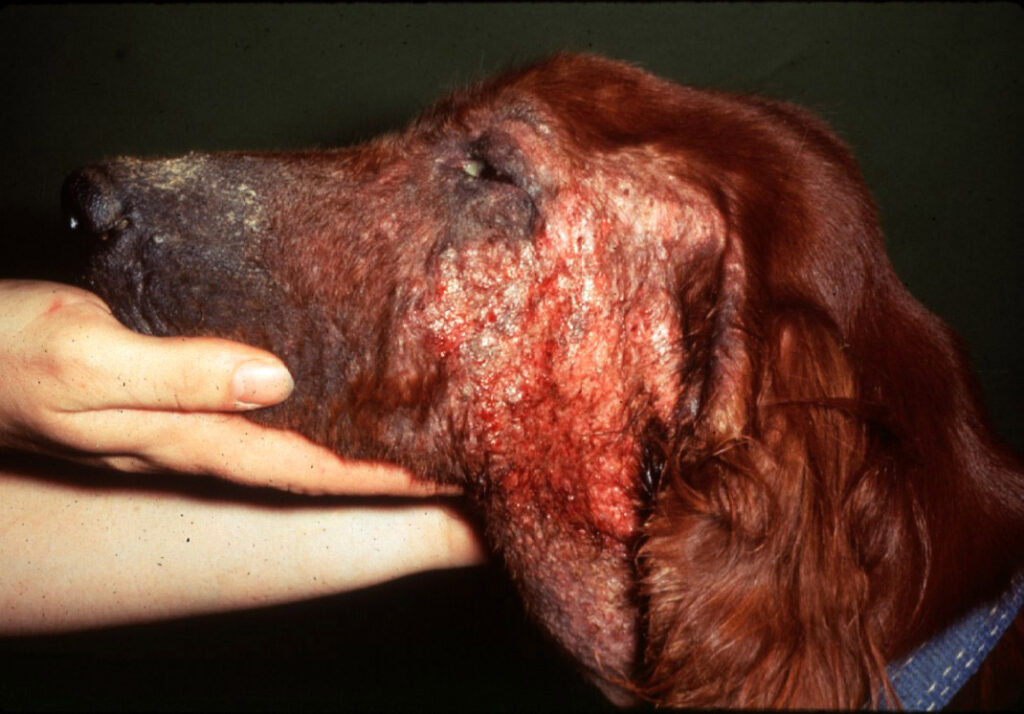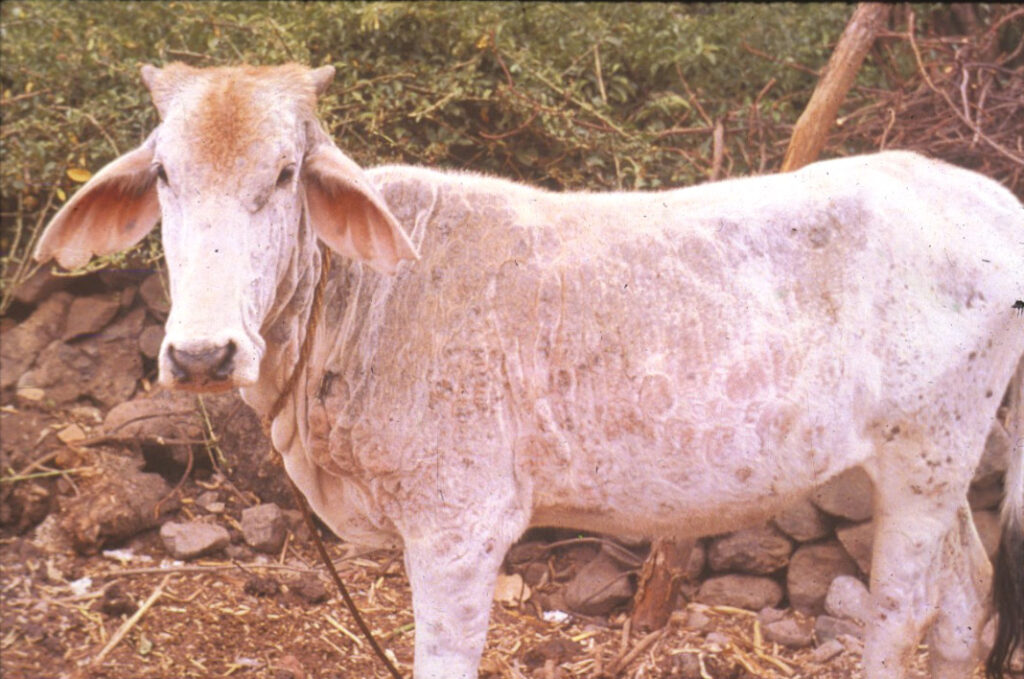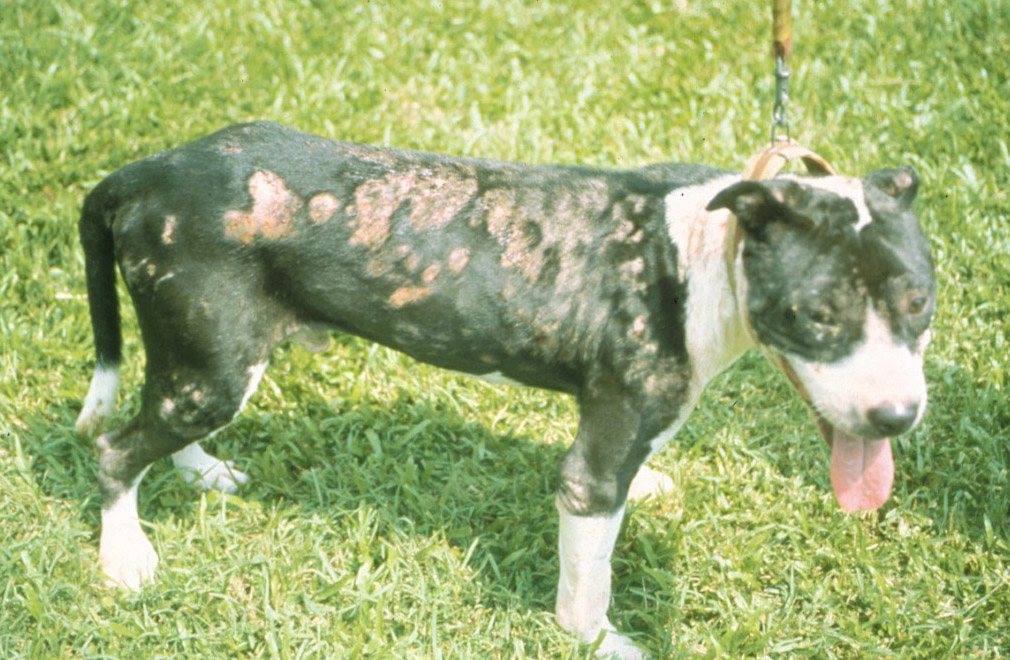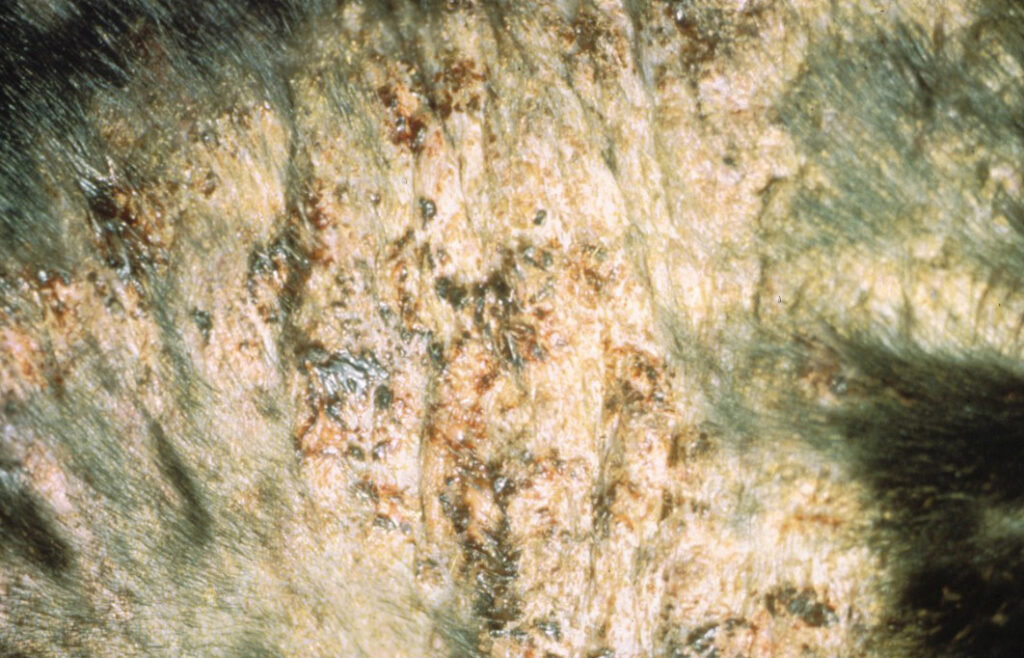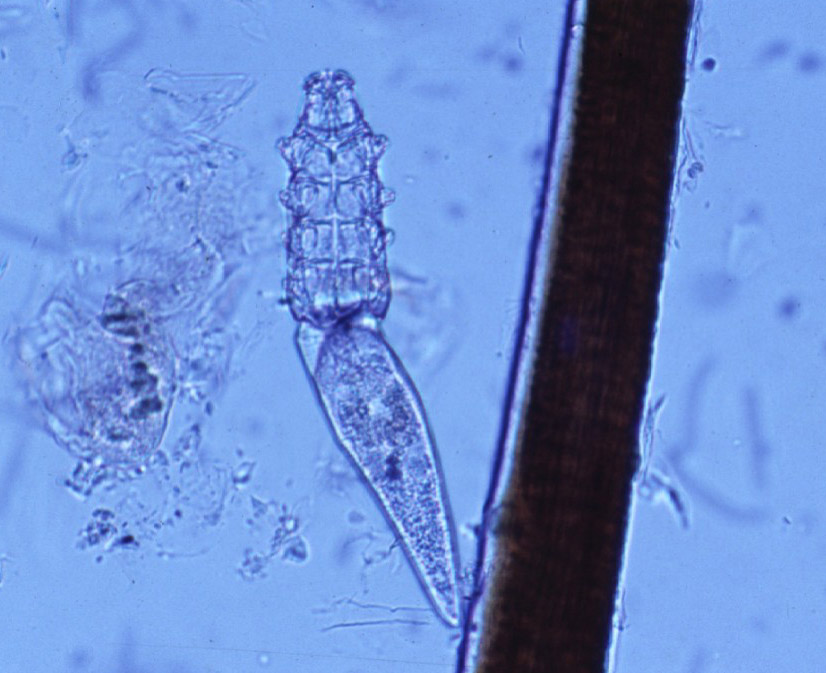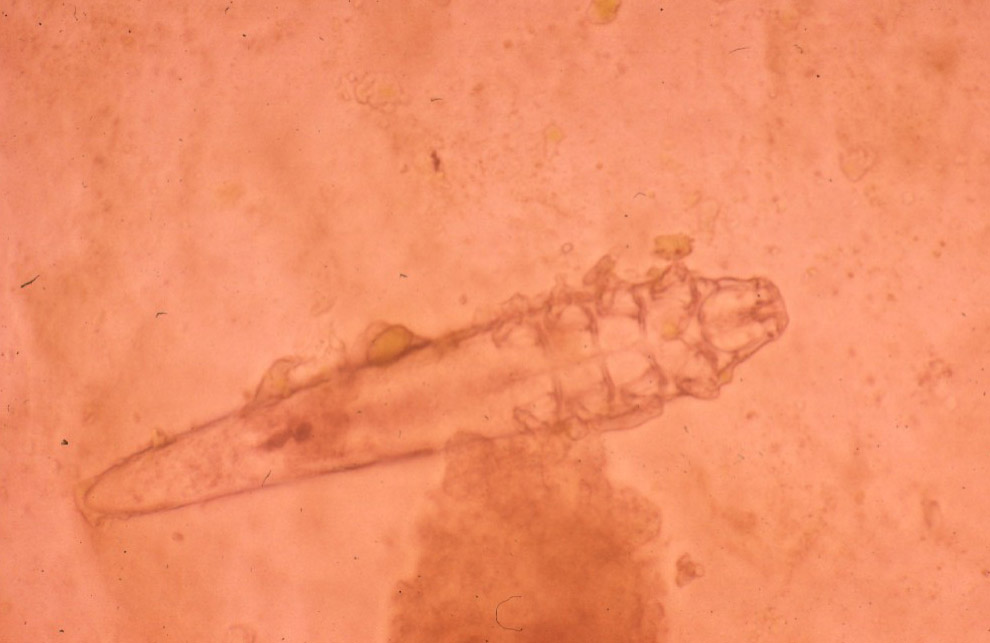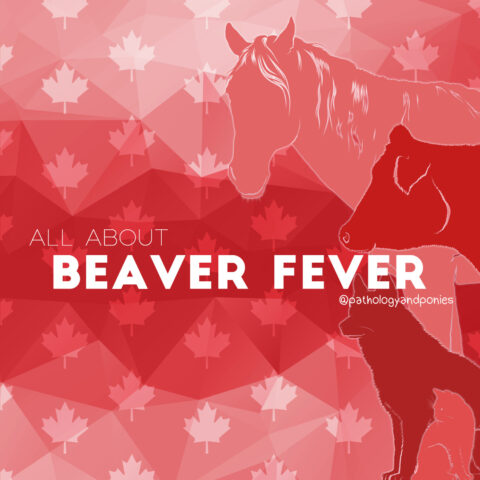Today’s path rounds are on 𝐝𝐞𝐦𝐨𝐝𝐞𝐜𝐭𝐢𝐜 𝐦𝐚𝐧𝐠𝐞! This was a request ![]()
𝐖𝐡𝐚𝐭 𝐢𝐬 𝐢𝐭?
𝐃𝐞𝐦𝐨𝐝𝐞𝐜𝐭𝐢𝐜 𝐦𝐚𝐧𝐠𝐞 is a type of 𝐦𝐚𝐧𝐠𝐞 (skin condition caused by mites) caused by the mites of the 𝐃𝐞𝐦𝐨𝐝𝐞𝐱 family. These mites specifically live in hair follicles, so they have a long and slender shape compared to other mite species.
𝐖𝐡𝐨 𝐠𝐞𝐭𝐬 𝐢𝐭?
Pretty much any species can get this! There are many Demodex species, and they are all host-specific. This means you can’t get Demodex from your dog, but you can get it from another human.
𝐅𝐮𝐧 𝐟𝐚𝐜𝐭: The prevalence of Demodex in humans ranges from 23-100%! These Demodex mites typically live on your face, especially on your eyelashes. So now you can think about that every time your eye itches ![]()
![]()
𝐖𝐡𝐚𝐭 𝐜𝐚𝐮𝐬𝐞𝐬 𝐢𝐭?
These Demodex mites typically transfer to the animal in their first 3 days of life, as they nurse off of their mother. From there, they burrow into a hair follicle and feed on skin cells and secretions. Once they run out of food, they move to a new hair follicle by crawling across the skin, which is when they are most likely to transfer to other animals.
𝐖𝐡𝐲 𝐢𝐬 𝐭𝐡𝐢𝐬 𝐚 𝐩𝐫𝐨𝐛𝐥𝐞𝐦?
In general, these mites actually don’t cause many issues. Most animals can live very happily with their little mite friends and never know they’re there.
However, in some cases, animals can develop 𝐠𝐞𝐧𝐞𝐫𝐚𝐥𝐢𝐳𝐞𝐝 𝐝𝐞𝐦𝐨𝐝𝐞𝐜𝐨𝐬𝐢𝐬, where their body begins to react to the mites causing severe disease. This condition is typically associated with another disease like a cancer, immune disease, or an endocrine disease that causes 𝐢𝐦𝐦𝐮𝐧𝐨𝐬𝐮𝐩𝐩𝐫𝐞𝐬𝐬𝐢𝐨𝐧, allowing the mites to run rampant. In these cases, the skin become crusty and red, and may develop large patches. These animals are also super itchy and may cause secondary damage to their skin from trying to relieve their itchiness. They can also get bacterial infections of the skin on top of their mite infection, making things even worse.
𝐇𝐨𝐰 𝐢𝐬 𝐢𝐭 𝐝𝐢𝐚𝐠𝐧𝐨𝐬𝐞𝐝?
Diagnosis is pretty easy for this disease, you can simply pluck a few hairs from the animal and look at them under the microscope. You should be able to see the long, slender mites sitting on the hair!
𝐇𝐨𝐰 𝐢𝐬 𝐢𝐭 𝐭𝐫𝐞𝐚𝐭𝐞𝐝?
This disease can be treated with typical antiparasitic drugs, often applied 𝐭𝐨𝐩𝐢𝐜𝐚𝐥𝐥𝐲 (directly to the skin) for maximum effect. If there are secondary bacterial infections, antibiotics may be needed to help get that under control.
𝐏𝐡𝐨𝐭𝐨𝐬
1-5) Sad animals with demodectic mange. Notice their crusty skin and their lack of hair from them itching themselves!
6-7) What these mites look like under the microscope!
𝐒𝐨𝐮𝐫𝐜𝐞𝐬
Maxie, G. Jubb, Kennedy and Palmer’s Pathology of Domestic Animals, Volume 1. Sixth Edition.
Dryden, M.W. Mange in Dogs and Cats. Merck Veterinary Manual 2015.
Photos 1-7 © Noah’s Arkive contributors Domingo, Prestwood, Lezama, Boosinger/Chang, Dhein, Read licensed under CC BY-SA 4.0.


